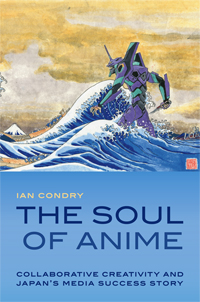(This invited post comes from Ståle Wig, a Ph.D. fellow at the University of Oslo. In the past Ståle has also run an excellent two part interview with Paul Farmer here on Savage Minds, so check that out as well. When asked about his interests, Ståle writes that he “never became a proper Africanist, and is currently preparing Ph.D. fieldwork in Cuba.” -R)
On an August afternoon in 2008, around 50 first-year students gathered in a dusty old movie-theatre that was turned into a lecture hall, near the University of Oslo. As we came in to find our seats, an elderly man observed us curiously from a wooden chair under the blackboard. I had seen him before, in our assigned textbook, with his engraved features and unmistakable, soft white moustache.
That day I had come to my first lecture in anthropology. Fredrik Barth had come to give his last.
Much like our new subject, there was a mystique to the man by the blackboard. We were told that he was an influential anthropologist. Some of us had heard that in his golden years, his ideas engaged big shots like Giddens and Bourdieu. That he was at times strongly criticized, but also hailed as a reformer of the study of social life. But as we sat there waiting, none of us knew why, and what all that really meant.
Thanks to a new book by Thomas Hylland Eriksen, Fredrik Barth – An Intellectual Biography (Pluto Press), the Norwegian veteran will appear less of a mystery – and yet ever more captivating. Continue reading
